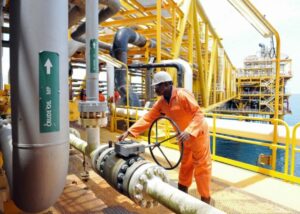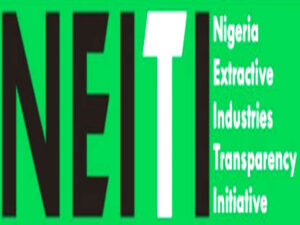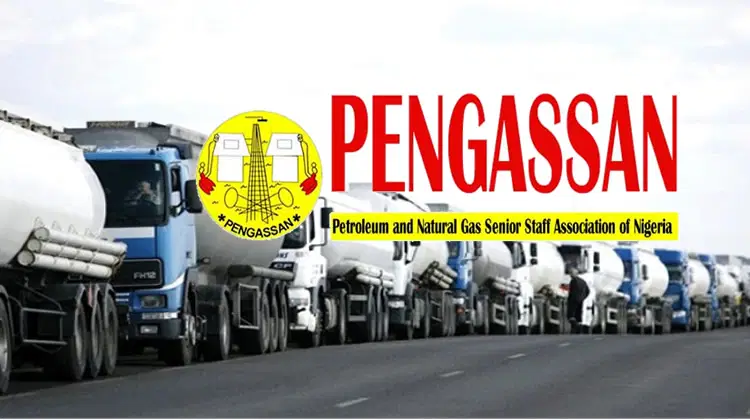*Oshiomhole slams association for escalating dispute
Nigeria’s daily oil and gas production slumped during the three-day nationwide strike by Petroleum and Natural Gas Senior Staff Association of Nigeria, (PENGASSAN). The industrial action was called off Thursday after government-mediated talks with Dangote Refinery.
The strike, which began on September 28, was called after the Dangote Refinery, Africa’s largest with a crude processing capacity of 650,000 barrels per day, dismissed more than 800 unionised staff. The walkout cut about 283,000 barrels per day of oil, that is about 16 per cent of national output and 1.7 billion standard cubic feet per day of gas, while knocking out more than 1,200 megawatts of power generation, according to a report by the Nigerian National Petroleum Company (NNPC) Limited. The NNPC had warned the disruption posed a “material threat to national energy security” if prolonged.
Key facilities shuttered during the action included the Shell-operated Bonga floating production unit and the Oben gas plant, while the restart of Nigeria LNG’s Train 5 and 6 was delayed, and midstream networks were disrupted.
Cargo loadings for Dangote refinery as well as at export terminals such as Akpo, Brass, and Egina were also delayed, risking demurrage costs and at least five critical maintenance and project timelines slipped, the report said.
NNPC said it activated business continuity plans and deployed non-union staff to sustain operations during the stoppage, but warned of “significant revenue losses” from missed liftings and gas sales. The union suspended the strike after talks brokered by the government, easing immediate supply risks, though NNPC cautioned that systemic vulnerabilities remained.
Meanwhile, Senator Adams Oshiomhole (APC – Edo North) has criticized the PENGASSAN for shutting down government-owned oil organizations over its trade dispute with Dangote Refinery.
Speaking on ‘The Morning Show’ on Arise News Television yesterday, the former Nigeria Labour Congress (NLC) president said the action was misplaced and should not have been escalated to the level of crippling the oil sector.
PENGASSAN had ordered members to withdraw their services following the alleged dismissal of about 800 workers by Dangote Refinery, leading to the closure of the Nigerian National Petroleum Company Limited (NNPCL), the Nigerian Upstream Petroleum Regulatory Commission (NUPRC), and the Nigerian Midstream and Downstream Petroleum Regulatory Authority (NMDPRA) offices in Abuja on Monday.
The move triggered fuel scarcity across the country as queues resurfaced at petrol stations.
Oshiomhole, however, maintained that while workers’ rights must be respected, shutting down critical oil agencies in solidarity with a small group of employees was an overreach.
Oshiomhole said, “what I’m not sure is right is the ease with which Ferguson resorted to escalating the matter to secondary level, what we call the secondary solidarity, to a point of shutting down the oil sector. I think that, in seeking to protect a particular set of workers, you do not then risk the job of several other workers.”
Oshiomhole averred that before a labour union can call for a national strike, there must have been an argument or a fight with the government over an issue that affects all Nigerians.
“I don’t have any proof, but my experience is that, before you shut the gate of NNPCL, there has to be a fight. So when I saw NNPCL’s gate effortlessly closed, all the other companies, government-owned oil companies, without any effort. I’m like, if these were private employers, would they allow their companies to close without any resistance… I do not think so. So, why is everybody seemingly so helpless that we are at the mercy of anyone?” he said.
Oshiomhole argued that labour unions’ operations are regulated by the law, adding that before union leaders can go to the extent of shutting down the economy, the workers must see a valid reason to support their call.
“Before you take those measures, you are ready for a fight. And the workers for them to follow must see the linkage between their well-being and what is at stake,” he said.





